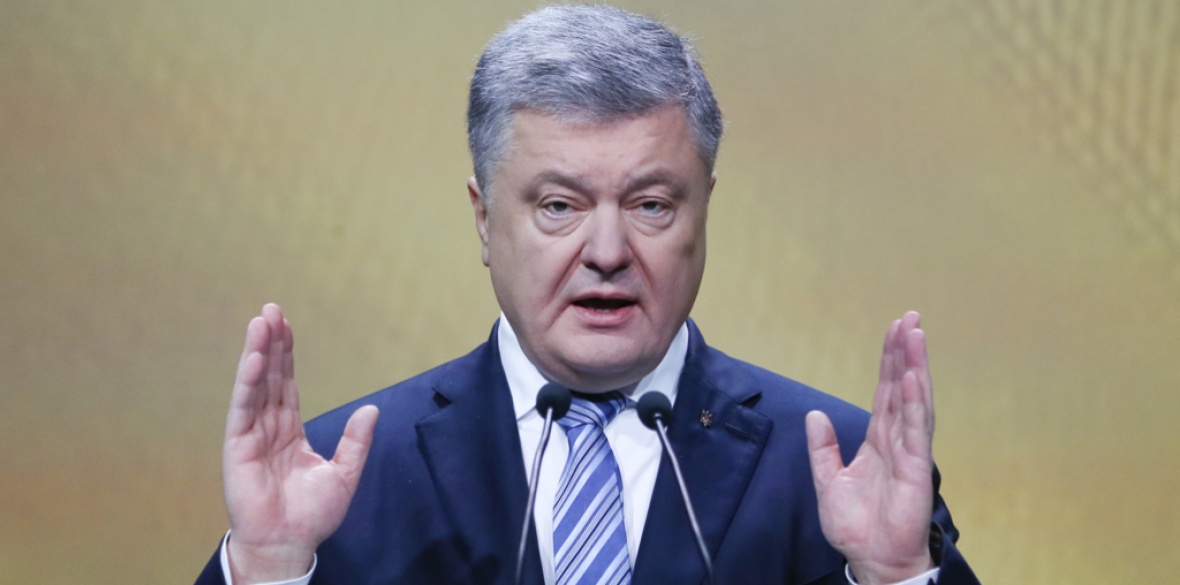This is the last article you can read this month
You can read more article this month
You can read more articles this month
Sorry your limit is up for this month
Reset on:
Please help support the Morning Star by subscribing here
UKRAINE secured a $3.9 billion (£3.1bn) loan from the International Monetary Fund today, in return for “reforms,” including a 24 per cent rise in energy prices.
President Petro Poroshenko said the IMF confidence was a sign that the country’s economy was “stabilising,” though it has shrunk by a fifth since the far-right Maidan coup of 2014.
Prime Minister Vladimir Groysman has said citizens should be pleased that gas prices will “only rise by 23.5 per cent” when the IMF had originally demanded they be raised by 60 per cent on the grounds that they had been kept “artificially low since the Soviet era.”
“This is what we managed to achieve with incredible efforts at negotiations,” he enthused.
But the price rise will hit families hard, with a 2016 study concluding that fuel poverty was “rampant” and 70 per cent of households had “unsustainable” energy bills in a land where winter temperatures can sink below -20°C.
Mr Poroshenko said the first instalment of $1.4bn would come “quickly,” which was essential as the government needs to repay $6bn to international creditors next year and Kiev has reassured the IMF as to its commitment to marketising the economy.
He insisted that his re-election next March was essential if the reforms were to be saved from “Russian meddling.” He is currently trailing neoliberal Yulia Tymoshenko, of the All-Ukrainian Fatherland party, in the polls, though her policies — integration with the EU, joining Nato and accelerating privatisation of the health system — are similar to his.
The Communist Party of Ukraine savaged the government’s economic record, pointing out that unemployment had risen by 29,600 in the last month alone.
“Lack of work drives millions abroad ... the latest data show between seven and 10 million Ukrainian citizens are labour migrants,” general secretary Petro Symonenko stormed.
Ukraine’s population is 44 million, down from 52 million when the Soviet Union broke up in 1991.
The recent introduction of food stamps was “a consequence of neoliberal economics, creating a very sharp division between very rich and very poor,” economist Ruslan Bortnik observed.
“For socialist and democratic economies this is not typical. The idea of introducing food stamps is a consequence of the reforms we have seen in the last five years, as a result of which 70 per cent of Ukrainians cannot pay for a communal flat.”

 Ben Chacko
Ben Chacko










